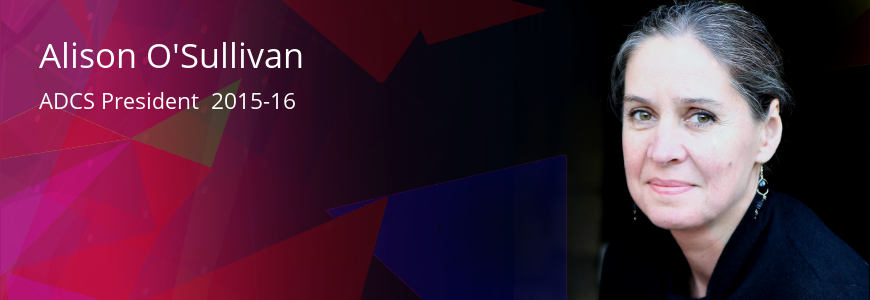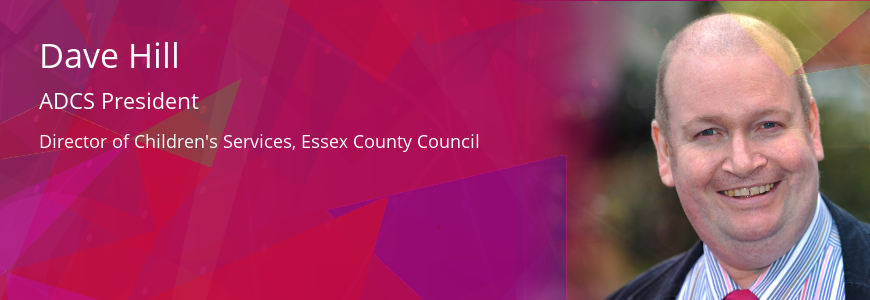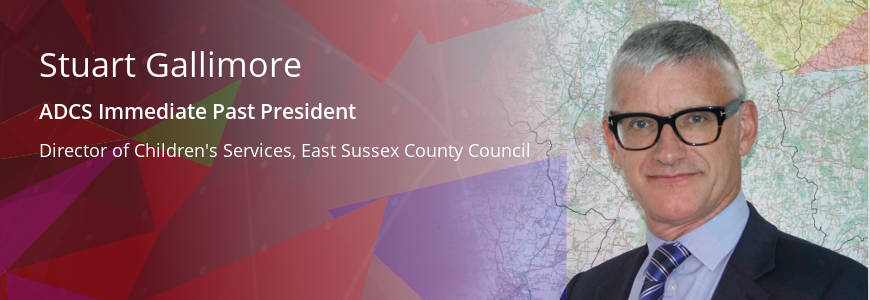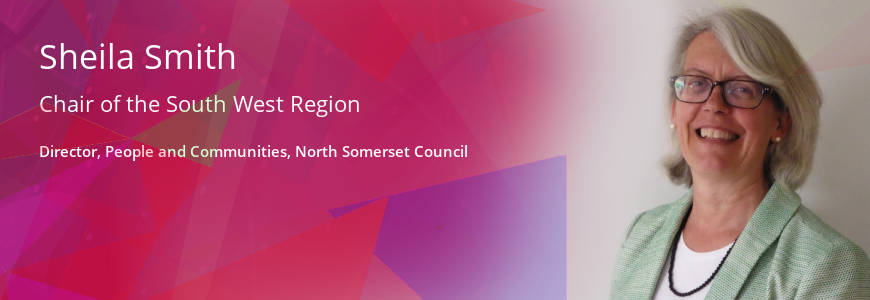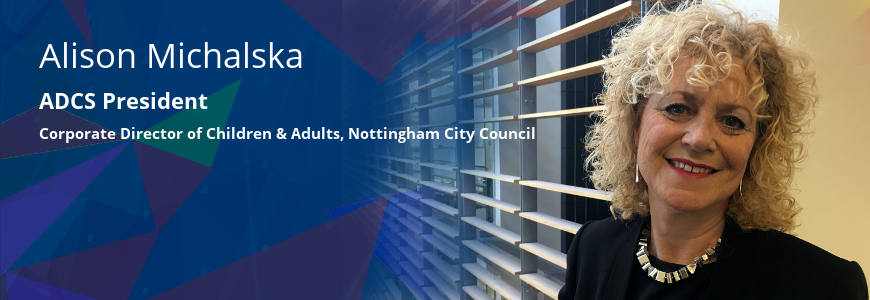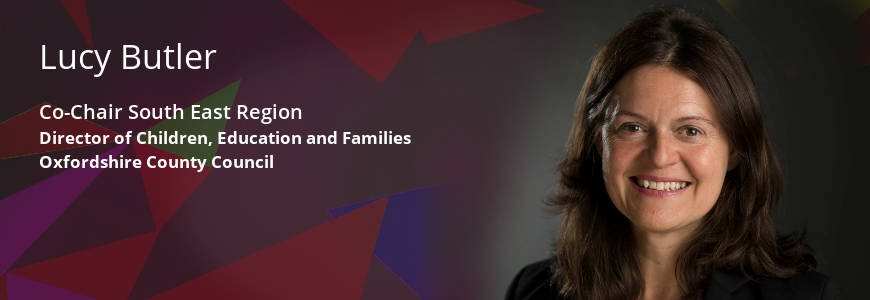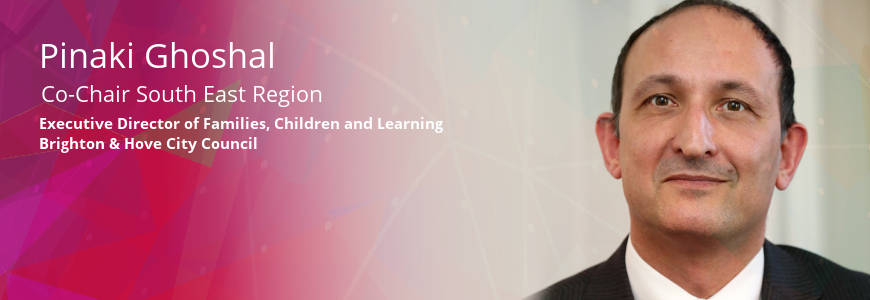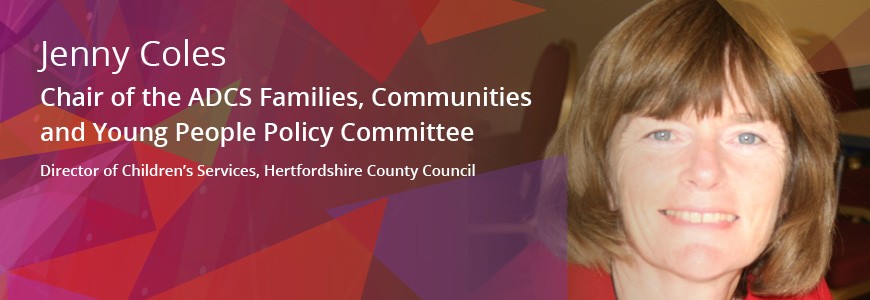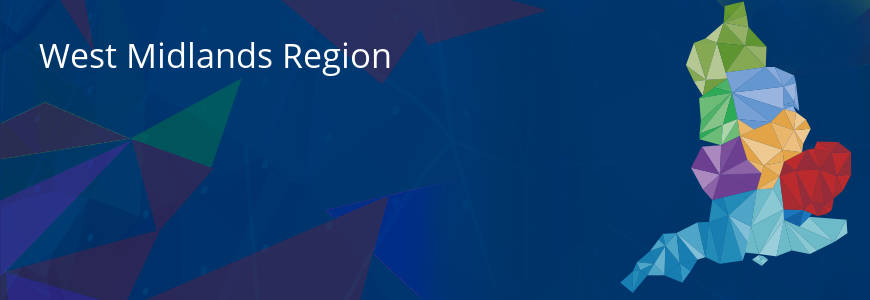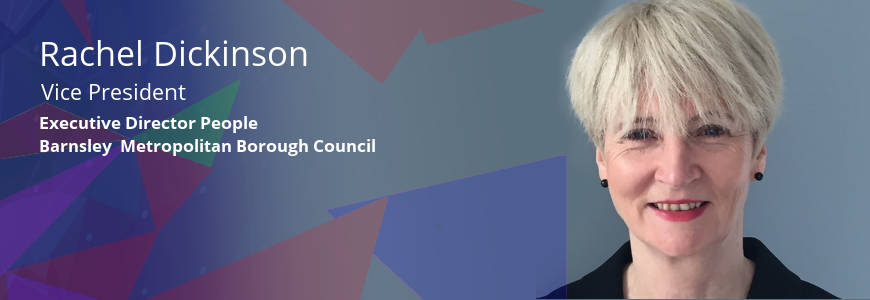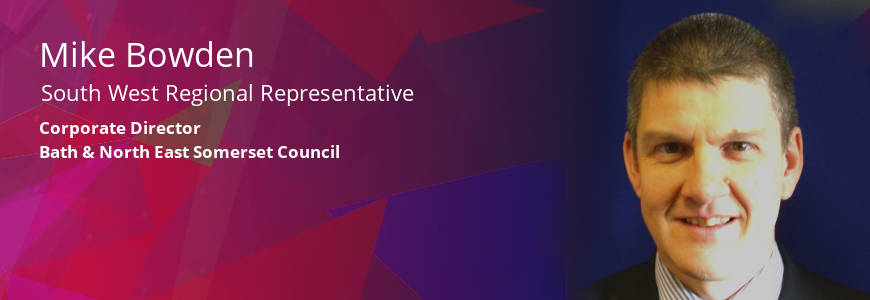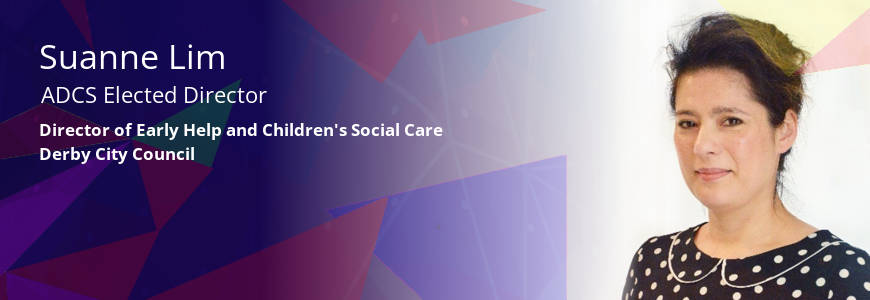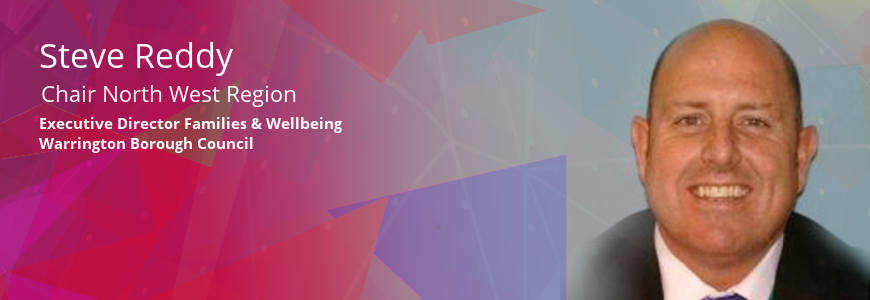What matters
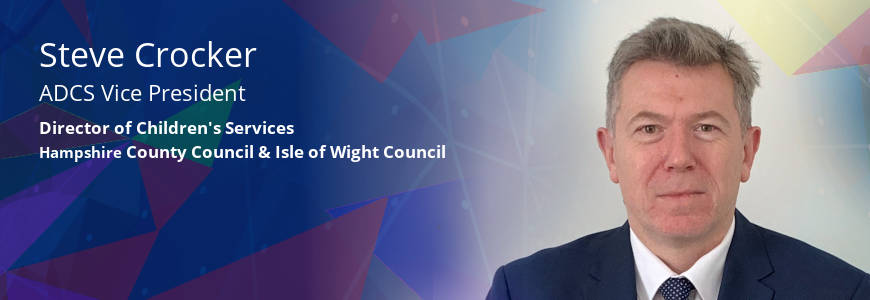
There’s a lot going on at the moment, what with our new President, the care review, a focus on unregulated provision, catch up in schools and so on. But for this blog I wanted to think about something that threads through all of these – our use of language to signify what matters.
Firstly, if you managed to catch Charlotte Ramsden’s brilliant Presidential speech last week, you’ll have heard a great example of the use of a clear, well-constructed argument. There were so many nuggets in there but the desire to “shine a light on inequality and do all we can to prevent child poverty becoming an epidemic wrapped up in a pandemic” and the call for “a Long-Term National Plan for Children and Young People. A plan which is ambitious and predicated upon a universal approach to enabling all children to achieve their potential, whilst retaining a focus on the poorest and the most vulnerable” are crystal clear articulations of our priorities in ADCS.
But I was also prompted to think about how we use language by an academic article that dropped into my inbox (thanks Katy and Dez). The article was not about language ostensibly, but about the marginalization of young people, gang affiliation and the fact that young people create gang associations because they don’t seem to ‘matter’ otherwise in their communities. The article is far richer and more complex than I can convey in this blog (please do read it) and it rightly argues for socio -economic changes that foreground the needs of young people. But socio-economic power structures and ‘mattering’ are embedded in our own use of language. To take a simple example, when I look back to how I used to record my interactions with young people as a social worker, I wince at the formal language that we all used to describe what I was observing, language which entrenches power relationships.
Nowadays, I am pleased to say, most of us are embarked upon change programmes that mean our social workers are recording our interactions with families in a much more constructive and nuanced way. They are more aware of power dynamics, highlighting the families’ strengths and using language which helps to both reflect and construct meaningful relationships between professionals and families that shows the child, should they come back to read their records in future years, that they were cared about and yes, that they matter.
That is not the only use of language that we need to think about though. A couple of times recently I’ve had occasion to say to a speaker – ‘what do you mean when you say…?’ and quite often the answer is not something that I had previously inferred. We sometimes try to gloss or hide our true meaning through ambiguity. For example, what do we mean by an ‘independent children’s home’? Independent from what? Or who? And why? Do we really actually mean private and profit making, and if so, why not say so? Or, another example, what does a ‘non-diagnosable mental health condition’ mean? Too often it seems to mean that a child’s distress does not fit into our neat adult categorizations. There are so many ways in which we, as adults, cloud our meanings for any number of reasons but most often to somehow try to make the truth matter less.
And that was the point of Charlotte’s admirably clear speech as well. Poverty matters, inequality matters, troublesome teenagers matter, planning for the future matters, resources matter and most of all children matter.
Related Blog Articles
In Kirklees, where I work as Director for Children and Young People Services, I...
In Safeguarding & Child Protection
Dealing with distress, expressing hope, showing solidarity and valuing the power...
In Workforce
Completing this blog has been one of my final acts as President before handing...
In General
In the middle of this week I had a blast from the past as we welcomed the...
In Care
This week I have been reflecting on my early career as a Youth Worker in a...
In Youth Justice & Secure Estate
On 22 May I joined many other people in watching a Panorama programme exposing...
In General
My name can be a bit of a give-away, and if your assumption was that I have a...
In General
I had a series of interesting meetings this week with leaders from the sector....
In Safeguarding & Child Protection
It’s been a challenging couple of weeks for me with the publication of a...
In Youth Justice & Secure Estate
The West Midlands ADCS has been quietly unifying over a small but significant...
In General
We have a strong history of collaboration in Yorkshire and Humber and I’ve...
In General
So, writing this in the middle of August makes me think that in many ways this...
In General
Hello ADCS Colleagues I recently had the privilege of being part of a panel...
In Workforce
‘Can’t get one for love nor money’. This is a phrase frequently used by...
In Workforce
Local authority children’s services does something good for local family......

